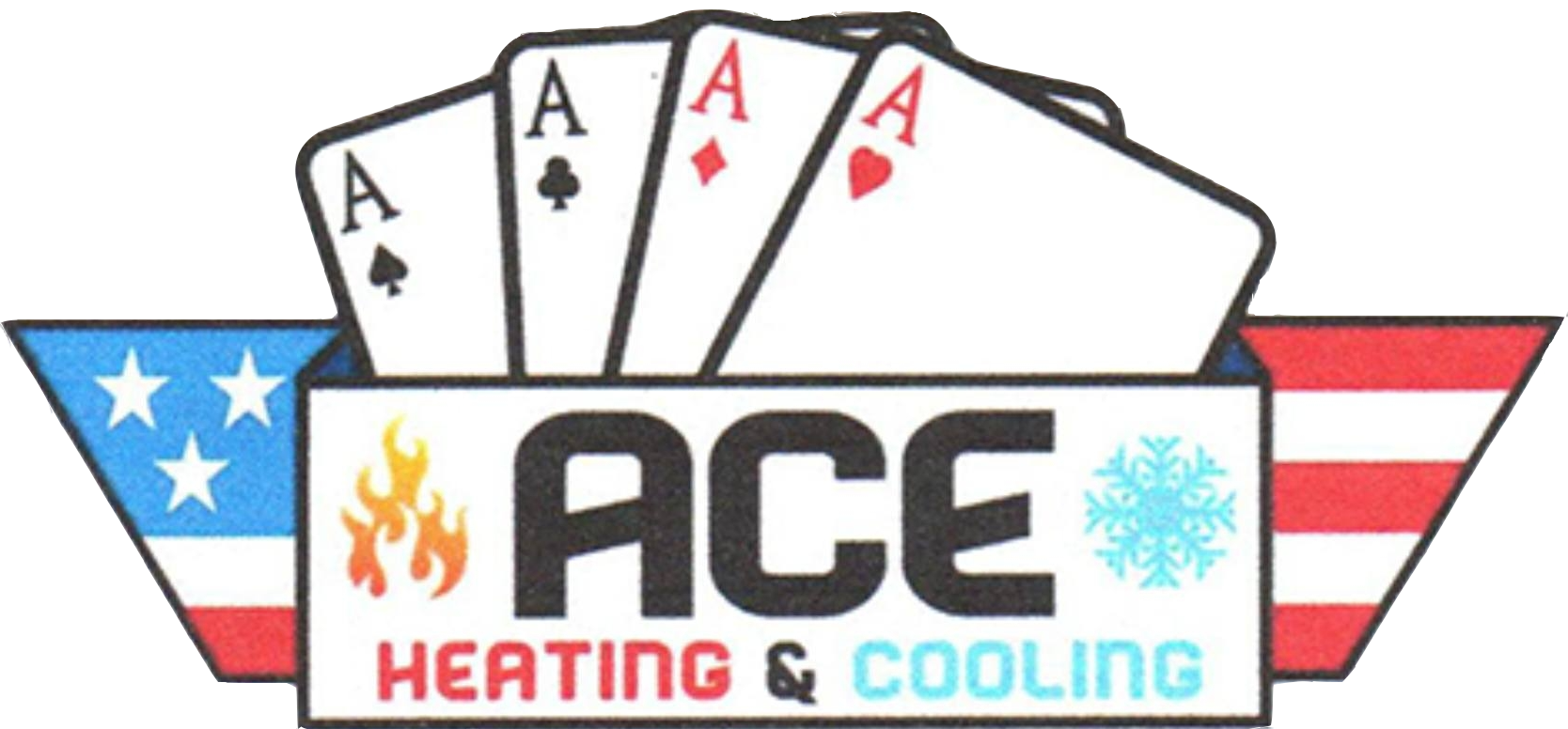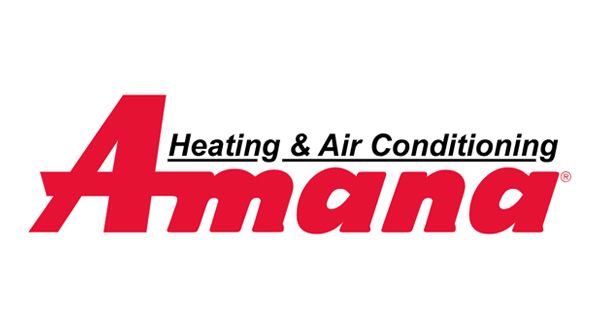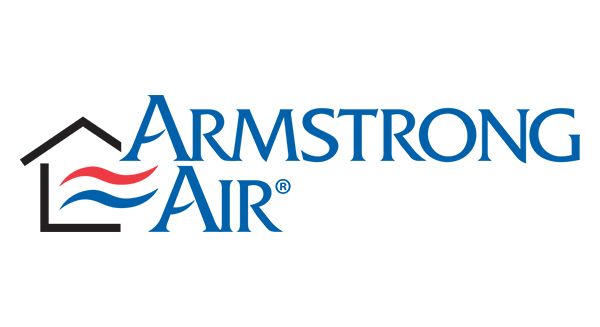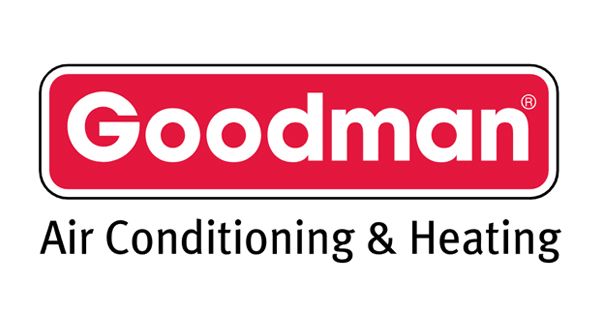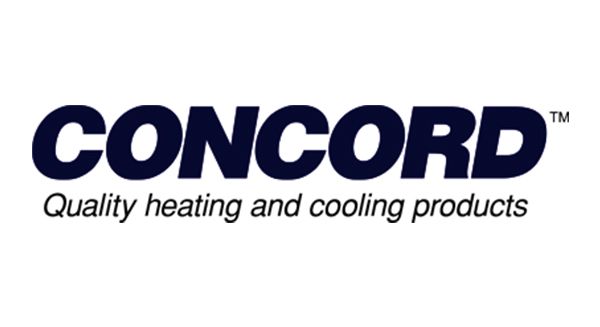FAQs
Ace Heating & Cooling
How often should I change my air filter?
The frequency of air filter changes depends on several factors, including the type of filter, presence of pets, and equipment size. Regular replacement is crucial as dirty filters reduce airflow and strain your furnace. For personalized advice on your specific system, we recommend contacting our team for guidance.Should I have my furnace and air conditioner serviced every year?
Annual servicing of your heating and cooling systems is highly recommended. Regular maintenance helps reduce energy consumption, minimize repair costs, prevent unexpected breakdowns, and extend the lifespan of your equipment. Neglecting routine upkeep often leads to decreased performance and increased energy usage over time.Why should I purchase a service agreement?
A service agreement offers protection against unexpected repair expenses. While it can't cover every possible issue, it significantly reduces the risk of costly breakdowns. Our team can provide detailed information about the comprehensive coverage our service agreements offer, helping you avoid substantial repair bills for parts and labor.What is a heat pump?
Heat pumps are versatile systems that provide both heating and cooling for your home. They're rated using SEER for cooling efficiency and HSPF for heating efficiency, with higher ratings indicating greater energy savings. Heat pumps are particularly efficient alternatives to electric heating, operating like an air conditioner in summer and reversing the process in winter. They're typically paired with a backup heating source for extremely cold days.What if I smell gas?
If you detect a gas odor, whether it's propane or natural gas, immediate action is crucial. Exit your home right away and avoid any actions that could create a spark, such as using a phone or starting a car. From a safe location, contact your gas supplier or call 911. If possible, turn off the gas supply. Do not return to your home until authorities confirm it's safe to do so. Remember, both types of gas have distinct odors added for detection purposes.My air conditioner is very loud when I entertain outside, what can I do?
Air conditioner noise levels are measured in decibels (dB), with even small increases representing significant changes in sound intensity. For instance, a 6 dB increase quadruples the compressor sound, though it takes about 10 dB to double perceived loudness. Recent technological advancements have greatly reduced operating noise in modern units. We'd be happy to demonstrate the varying sound levels across our product range to help you find a quieter option.What type of maintenance should I do on my water heater?
While we advise professional maintenance for water heaters, there are some steps you can take. Ensure no flammable materials are stored near the heater, keep the top clean and dry, and maintain a clutter-free area around it for easy access. If you notice any leaks or issues, contact a professional plumber. For specific maintenance guidelines, refer to your water heater's owner manual.Can carbon monoxide build up in my home?
Carbon monoxide accumulation in homes is a serious risk. This odorless gas results from incomplete combustion of carbon-based fuels and can be lethal. The U.S. consumer product safety commission reports over 200 deaths and 5,000 emergency room visits annually due to carbon monoxide poisoning. To protect your household, we strongly recommend installing carbon monoxide detectors, as they're the only reliable way to detect this dangerous gas.My system doesn't work well in a couple of rooms, what should I do?
Uneven heating or cooling can stem from various factors, including solar heat through windows, undersized systems, improper balancing, clogged ducts, or inadequate zoning in multi-story homes. As each situation is unique, we recommend scheduling an on-site assessment. Our technicians can evaluate your specific circumstances and provide tailored solutions to improve comfort throughout your home.How does 2-stage heating or cooling work?
Two-stage heating and cooling systems offer improved temperature management and energy efficiency. In cooling, these systems use either two compressors of different sizes or a single adjustable compressor. For heating, heat pumps use dual compressors, while furnaces employ modulating gas valves. This design allows the system to operate at a lower capacity when full power isn't needed, resulting in energy savings and more consistent comfort levels in your home.What is the average life expectancy of equipment?
Most systems have a lifetime of 10 to 20 years. As your equipment gets older, its efficiency can decrease dramatically. You may notice that it gets noisier and needs repairs more often. When a unit begins to show it's age, you have two choices. You can overhaul the system or replace it. Because heating and cooling technologies improve over time, a new system designed with newer, more energy-efficient equipment makes sense, especially if your system is 10 or more years old. We can estimate the cost of a new system as well as a payback schedule that will show you how newer technology will pay you back in lower energy usage.Can I just replace the outdoor unit on an older system to save money?
No. Replacing only the outdoor unit will lower the efficiency of the unit. In fact, you can lose up to 15% of the unit's efficiency! Even worse, your system may fail sooner than normal and most manufacturers' warranties will be voided. You should always replace the indoor cooling coil with the outdoor unit.Will a bigger sized system perform better?
No, you don't want your air conditioner to be too big. Air conditioners control the comfort level in your home by cooling the air and by removing humidity. An oversized air conditioner will cool your home faster, but it will use more energy and will not remove humidity adequately. A unit that is too big for your home will have short run cycles. It may take only a short time to cool the air, but the unit shuts off before enough air blows across the indoor coil where moisture condenses into water and drains from your system. Too much moisture left in the air can lead to mold and mildew problems. These short run cycles also mean your system starts and stops more often which uses more energy and causes a lot of wear and tear. An air conditioner operates more efficiently during long run cycles. The same holds true with heating systems. An oversized furnace will warm the house quicker, but it uses more fuel and causes greater temperature swings in the home.Why is a system with matched components so important?
A matched system is important for a variety of reasons. One is comfort. When all your components are properly sized to your home, you can control exactly how much heating or cooling you need so you can relax. Also, a properly sized matched system enables every component to perform as designed, meaning proper cycle times are maintained, humidity is controlled, and system sound is minimized. Another reason matched systems are important is efficiency. Most systems people buy are too large for their homes, which uses more energy than needed for your home. A matched system outlined by a dealer who has completed a load calculation for your home provides just the right amount of heating and cooling you need so you get the most value for your utility dollar.Why should I switch to a high efficiency air filter?
Proper air filtration is just as important to the health of your heating and cooling system as it is to the health of your family. Without proper filtration, dust and dirt can build up on your system which impacts operation and efficiency. A high-efficiency filter will remove more dust, dirt, pollen, mold, and other particles from the air. If you suffer from allergies or other respiratory problems, you should strongly consider a high-efficiency filter. No matter what type of filter you have, make sure you change it regularly.How can I reduce allergens and improve the air quality in my home?
With a high efficiency air cleaner, you can remove up to 99% of the pollen and spores that find their way into the home. There is also a great reduction in household dust, dirt, smoke, and other air pollutants. Your indoor air will become cleaner and fresher while reducing the allergens and dust that circulate throughout the house. With a whole house humidifier, you can relieve the irritating discomfort of dry indoor air. The humidifier reduces itchy skin, scratchy throats, static electricity, and damage to your furnishings and woodwork. Since humid air feels warmer than dry air, you do not have to set the thermostat as high to feel the comfort you want. A lower thermostat setting will reduce the costs of your energy bill.I am concerned about mold growth, what should I do?
Mold is natural outdoors, helping break down organic matter, but indoors it can be harmful. Mold spreads through invisible spores in the air and grows on damp surfaces. Without moisture, mold can't grow. HVAC systems can contribute to mold growth when water from cooling coils collects and becomes stagnant due to clogs. Mold in the drip pan or ducts can spread spores throughout your home. To prevent mold in your HVAC system: 1) Keep the drip pan clean and clog-free with regular maintenance. 2) Use UV lights near coils to kill mold and bacteria. 3) Clean ductwork and use high-efficiency filters to reduce contaminants.What does SEER, AFUE, and HSPF ratings mean to me?
SEER, AFUE, and HSPF are energy efficiency ratings for HVAC systems. Higher ratings mean lower energy costs. Air Conditioners: SEER measures cooling efficiency. A 13 SEER unit uses 23% less energy than a 10 SEER. Our models range from 13 to 21 SEER, offering significant savings based on usage. Heat Pumps: Rated by SEER (cooling) and HSPF (heating). HSPF ranges from 7.5 to 13.0—higher values mean better efficiency. Furnaces: AFUE measures heating efficiency. Older models may be 65% or less, while new ones start at 80–90% (depending on region) and go up to 98.3%. Higher AFUE means lower gas bills.How can I reduce my energy costs?
Cooling Tips: 1) Upgrade your AC to a high-efficiency model to cut electricity costs by up to one-third. 2) Raise the thermostat above 75°F to save 3–5% per degree. 3) Use ceiling fans counter-clockwise in summer for better airflow. 4) Schedule annual AC maintenance to keep it running efficiently. 5) Keep vents clear of furniture and blinds for even cooling. Heating Tips: 1) Upgrade your furnace to a high-efficiency model to save up to 25% annually. 2) Schedule annual furnace maintenance to prevent breakdowns and improve efficiency. 3) Install a programmable thermostat to save 1% per degree lowered over 7 hours. 4) Keep vents clear for even heat distribution. 5) Use ceiling fans clockwise in winter to circulate warm air.What is a Hybrid Heat Dual Fuel system?
With a traditional heating and cooling system, if you wanted to save more, you had to use less. But a Hybrid Heat system combines the benefits of intelligent control for both gas and electric heating to create an intuitive system that can actually react to changing conditions. No matter what the temperature is outside, a Hybrid Heat system will automatically select the fuel source most efficient for your home, which means you'll stay warm in the winter, cool in the summer and save money all year long. To design a Hybrid Heat system for your home, we professionally match one of our heat pump units with a natural gas furnace. Contact us to see how much energy you can save over your existing system.What is a geothermal system?
The Earth absorbs almost 50% of all solar energy and remains a constant temperature of 50°F to 70°F depending on geographical location. A geothermal unit utilizes this constant temperature for heating and cooling your home. You can save up to 60% on your power bills compared to a traditional system. There is no flame, no flue, no odors and no loud outdoor equipment. Heating, air conditioning, and hot water can all be attained from a single compact unit.What are the advantages of equipment with variable speed fans?
Variable speed fans operate on a simple principle: they are able to spin at different speeds depending on the heating and cooling needs of your home. Usually, they operate at lower speeds, delivering a steady, reliable stream of warm or cool air to your home. This helps control humidity levels, utility costs and system noise. When conditions become more extreme, the fan speed increases so that the system can meet increased demand, guaranteeing that on even the hottest days or coldest nights, you're comfort needs will be met.Is Freon as a refrigerant being discontinued?
Yes. As of January 2010 the refrigerant R-22 (what consumers call Freon®) is no longer allowed to be used in the manufacturing of new equipment. R-22 has been used as the "standard" refrigerant for many years but has been found to be harmful to our planet by our government. All new air conditioners and heat pumps use R-410A, the more "environmentally sound" refrigerant. R-22 is still the most commonly used refrigerant in existing air conditioning equipment in residential homes today. However, per the Montreal Protocol, caps have been established to eliminate the production of R-22. In 2004, there was a 35% reduction; in 2010 there was a 65% reduction; in 2015 a 90% reduction; and finally in 2020 a 99.5% reduction in the production of R-22. This means that during the time of these reductions with high demand, the price of each pound of R-22 refrigerant could potentially skyrocket. If you are considering replacing your existing air conditioning equipment, most higher efficiency products have already made the switch to R-410A, the more "environmentally sound" refrigerant.Why doesn't my old water heater make as much hot water as it used to?
The answer may be that you have sediment buildup in your tank. As water heaters age, they tend to accumulate sediment and lime deposits. If the heaters are not cleaned periodically, the sediment may rise to a level that will act as a barrier between the burner and the water, making it harder to heat. An article published in a national ASPE plumbing journal states: for every half inch of sediment on the bottom of a gas fired water heater, it requires up to 70% more fuel to heat the water.
